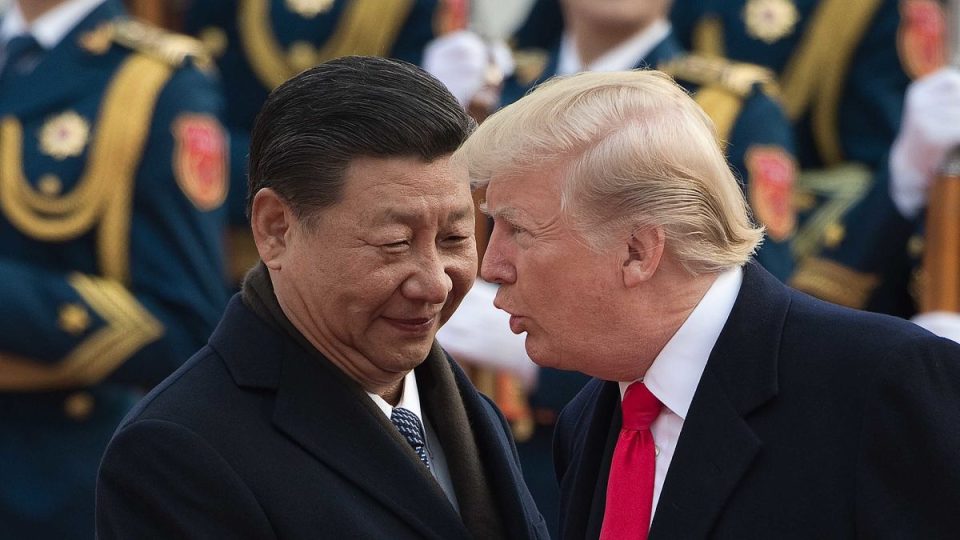As President-elect Donald Trump prepares to take office, European leaders are bracing for a potential shift in U.S. foreign policy that could compel them to adopt a tougher stance on China, even as they face immediate concerns from Russia.
The uncertain geopolitical landscape is causing trepidation from Beijing to Brussels. Trump’s administration is expected to pressure European leaders to prioritize competition with China, which it views as America’s primary adversary. However, European nations are economically intertwined with both Russia and China, complicating alignment with U.S. interests, as stated by several European officials.
Should Trump fulfill his promises to impose tariffs on imports from Europe and China, relations may further diverge. There is also growing concern about how his presidency will influence ongoing support for Ukraine. Trump has claimed he could swiftly bring the conflict to an end, yet there are fears he may push for significant concessions that benefit Russian President Vladimir Putin.
A European Union official remarked, “The impact of Trump is panic. They have to make a decision and take a stand.” Yet, achieving unity among European nations appears challenging.
Tensions increased following German Chancellor Olaf Scholz’s recent call with Putin, his first conversation with the Russian leader since late 2022. Zelenskyy criticized Scholz, stating the conversation was “exactly what Putin has long wanted” to alleviate his international isolation.
The alliance between Europe and China has deteriorated in the past few years, fueled by disputes over trade, human rights, and regional aggression. As relations soured further after Russia’s invasion of Ukraine, some European leaders urged China to exert pressure on Moscow to end the conflict.
Despite this, several diplomats expressed reluctance to confront China directly. An unnamed senior European official said, “We don’t want to be dragged into the foreign policy the new American administration will pursue. America is our ally, but we have our own policies and economic interests.”
At the recent Group of 20 summit in Rio de Janeiro, British Prime Minister Keir Starmer met with Chinese President Xi Jinping, emphasizing the need for “consistent, durable” ties while facing criticism for not condemning China’s human rights violations.
While concerns about Russia remain paramount, some European officials speculate that China could eventually help pressure Russia to modify its aggression. Although China has never explicitly condemned the invasion, some diplomats believe it has taken steps to moderate Moscow’s actions and discourage the use of nuclear weapons.
The addition of North Korean troops to the conflict complicates the situation further, as the U.S. alleges that Kim Jong Un’s regime has sent thousands of soldiers to aid Russia in exchange for military technology.
Another European diplomat warned that Moscow could play a pivotal role in shaping the future of peace negotiations in Ukraine, indicating the complexities involved in balancing relationships with both Russia and China.
The situation remains precarious as European governments continue to provide significant military support to Ukraine while grappling with the implications of Trump’s potential policies. The E.U. has asserted that negotiations will occur on Ukraine’s terms, emphasizing a steadfast commitment to supporting the nation in its ongoing struggle.
Credit: NBC News




